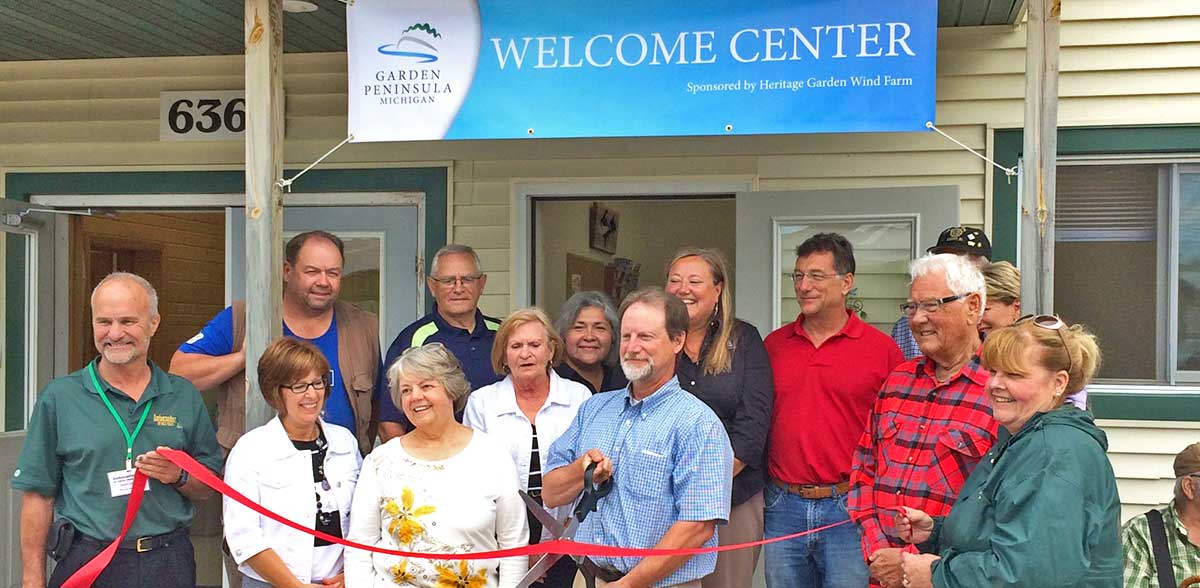Community Impact
Benefits of Sustainable Energy to Communities
As a Michigan-based company, we have formed long-standing relationships with landowners and community leaders to develop projects that benefit everyone.
We understand the unique social and economic climates in the communities where we work. We live here in Michigan. We work here. We’re dedicated to the success of every project from every standpoint.
We understand the unique social and economic climates in the communities where we work. We live here in Michigan. We work here. We’re dedicated to the success of every project from every standpoint.
Communities with developing and existing wind farms, experience a burst in economic activity. Heritage contributes to the prosperity of our rural communities in many ways. For example, during the construction phases, economic activity increases substantially in the community due to purchases of materials, equipment, meals, etc, as well as rentals and subcontracts to local businesses. We believe strongly in utilizing local sources of materials and labor.
During operations, county and township services are improved through tax payments and other revenue that can then be used for schools, health services and roads, among other things. Furthermore, Heritage strives to be an active and contributing member of the communities in which we have active wind farms in varied ways, which depend on community-specific needs.
At a larger scale, the manufacturing of wind energy technology, the design and construction, as well and maintenance and operations jobs are all tangible benefits of wind energy projects in Michigan. Wind energy positively impacts a community in many ways:
- More revenue through property taxes or payments in lieu of taxes
- Revenues to landowners for land leased
- Additional revenue during the construction phase of a project
- Long-term service jobs for operations and maintenance
- A clean, renewable, affordable supply of energy
- Inexhaustible and non-polluting electricity
- Wind parks are compatible with mixed land use such as grazing, agriculture, or open space
- Tourism and visitor attraction


